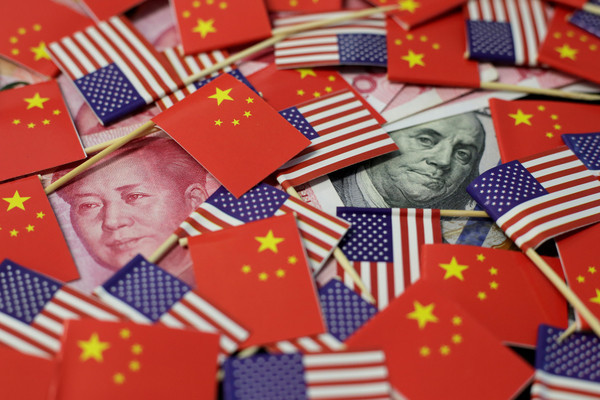Analysts say that with the yuan's benchmark level of 7 per US dollar, foreign trade will improve this second half of 2019 thereby easing the effects of the tariffs.
A representative of Shifeng Decorative Lighting Co based in Yiwu in East China's Zhejiang Province, who only gave his surname as Ying, said that the depreciation "is good for our business and we're pocketing more profits."
Comparing to the yuan's high exchange rate against the US dollar in 2018, Ying said that his US clients lost about 10 to 15 percent of their sales and there was a 15 to 20 percent profit drop per order.
Ying is also suggesting that his clients up to their buys because of the external events currently happening in trade.
Liu Xiangying, vice general manager of Korra Bath Ware Co, a sanitary product producer focused on exports that are based in Foshan, south China's Guangdong Province said that compared to last year when the current external events on trade started happening and the yuan was still up, it hadn't been favorable for his business as well.
Another testimony to the pressure the tariffs had on business when the yuan still up had been from Vincent Zhang, chairman of Zhongyuan Creative, an electric wire manufacturer located in Foshan who said that the depreciation can cushion some of the pressure of US tariffs.
Zhang admitted it wasn't that favorable to his business at first having "lost some money because of the exchange rate."
A senior research fellow at the Chinese Academy of Macroeconomic Research, Yang Changyong said that China's foreign trade companies should focus on the two-way fluctuation of the currency and continually enhance their product competitiveness and not the exchange rate.
Yang confirmed that the foreign trade situation in the second half of 2019 is likely to show a steady and favorable trend.
The State Council, China's cabinet said that in order to keep foreign trade stable, the county will expand opening-up, focus on market-oriented reforms and look into economic means.
When it comes to the exchange rate, Yang said, "there won't be drastic fluctuations" and it will stay at a reasonable and steady range.
China's yuan was set at 7.0268 per US dollar on Thursday, August 15.
Beijing started lowering the yuan in 2019 on August 5.
It was eleven years ago that the exchange rate of the yuan against the US dollar at 7.
The International Monetary Fund (IMF) backs up the yuan's exchange rate saying that it was in line with the country's economic fundamentals and that there was no sign the country's central bank meddled.






